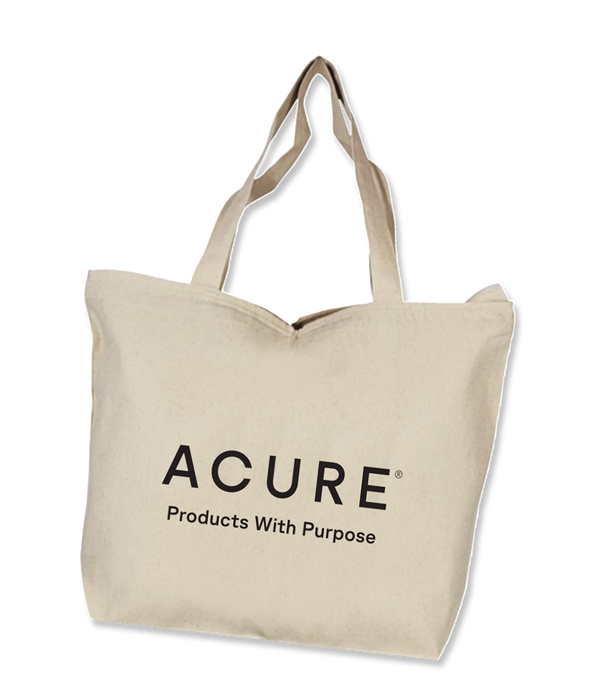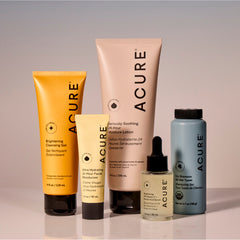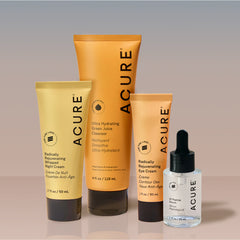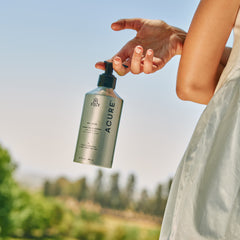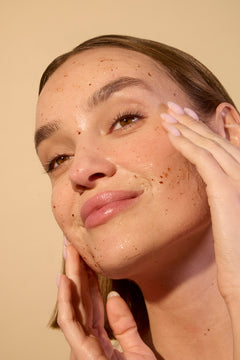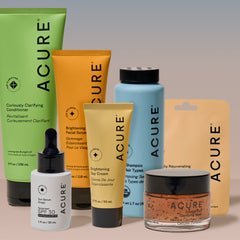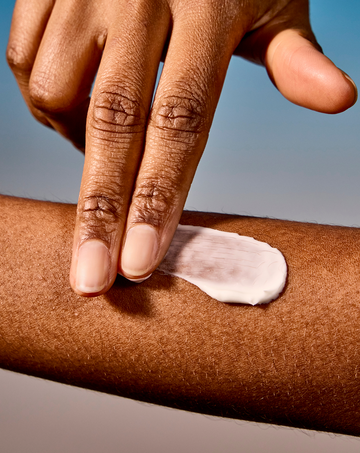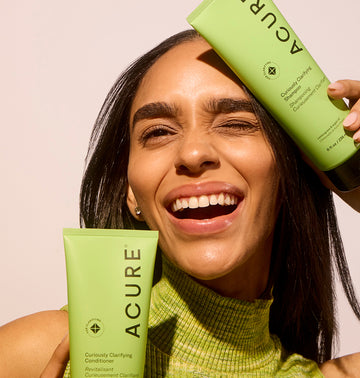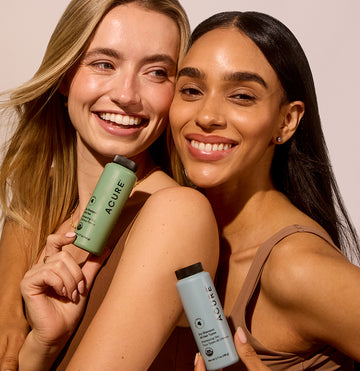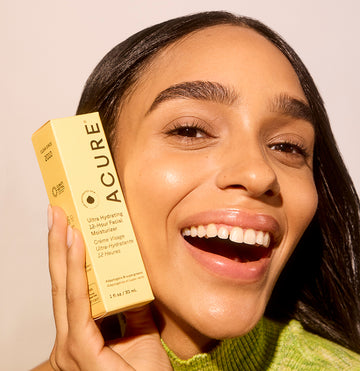Argan oil is a natural, nutrient-rich oil extracted from the kernels of the argan tree (Argania spinosa) native to Morocco.
With a history of use in skincare for centuries, this organic argan oil is packed with essential fatty acids, antioxidants, and vitamin E, making it one of the best natural oils for skin. Known for its lightweight texture and deep hydration properties, argan oil is a staple in many skincare routines. This guide will walk you through the benefits, uses, and how to choose the best argan oil for your skin.
What is Argan Oil?
Argan oil is a cold-pressed plant oil that retains its full spectrum of nutrients. It is prized for its:
- High levels of vitamin E – an essential antioxidant that helps protect and nourish skin.
- Rich fatty acid content – including oleic and linoleic acid for deep hydration.
- Non-comedogenic properties – meaning it won’t clog pores, making it suitable for all skin types.
Argan oil is commonly used for skin hydration, anti-aging, and soothing irritation. To experience its full potential, try argan oil for skin, a 100% pure, organic option that deeply nourishes while remaining lightweight.
What are the Benefits of Argan Oil for Skin?
1. Deep Hydration & Moisture
Argan oil is deeply hydrating yet non-greasy, making it ideal for all skin types. It locks in moisture without clogging pores, providing lasting hydration and a natural glow.
2. Rich in Antioxidants
Loaded with vitamin E and polyphenols, argan oil helps combat free radical damage, protecting skin from environmental stressors like pollution and UV exposure. This reduces the risk of premature aging.
3. Soothing & Calming
Argan oil is ideal for sensitive and irritated skin, thanks to its anti-inflammatory properties. It can help reduce redness, irritation, and even soothe conditions like eczema.
4. Supports Skin Elasticity
The omega fatty acids in argan oil promote collagen production, improving skin elasticity and reducing the appearance of fine lines and wrinkles over time.
5. Balances Oily & Acne-Prone Skin
Contrary to popular belief, argan oil can benefit oily and acne-prone skin by regulating sebum production. It keeps skin nourished without making it greasy, preventing excessive oil buildup.
How to Use Argan Oil in Your Skincare Routine
- As a Daily Moisturizer – Apply a few drops to damp skin for optimal absorption.
- Mixing with Serums & Lotions – Boost hydration by combining it with other skincare products.
- For Under-Eye Care – Gently dab under the eyes to reduce fine lines and dryness.
- As a Makeup Primer – Provides a smooth, hydrated base for makeup application.
- For Soothing Irritated Skin – Helps with eczema, redness, and post-sun exposure recovery.
If using argan oil with exfoliating acids, such as glycolic acid, apply argan oil after your exfoliant to help restore hydration. Learn more in our what is glycolic acid? guide.
Who Should Use Argan Oil?
✔ Great for all skin types, including dry and sensitive skin – deeply nourishes without irritation.
✔ Beneficial for aging skin – supports collagen production for firmer, more youthful-looking skin.
✔ Works for oily and acne-prone skin – regulates sebum levels while preventing breakouts.
How to Choose the Best Argan Oil for Skincare
- Look for 100% Pure, Organic, Cold-Pressed Argan Oil – Ensures the highest potency and effectiveness.
- Avoid Artificial Additives & Fragrances – Synthetic ingredients can cause irritation and reduce benefits.
- Check for Ethical Sourcing & Sustainability – Brands like Acure ensure fair trade and eco-friendly production.
- Packaging Matters – Dark glass bottles protect the oil from oxidation, preserving its nutrients.
For a high-quality option, try Acure’s argan oil for skin, a sustainably sourced, 100% pure organic oil.
What are the Common Myths & Misconceptions About Argan Oil?
Myth: Argan Oil Makes Skin Greasy
Reality: Argan oil absorbs quickly and actually balances oil production. It is non-comedogenic, meaning it won’t clog pores or cause breakouts—making it acne-safe.
Myth: Only for Dry Skin
Reality: Argan oil is suitable for all skin types, including oily and acne-prone skin. It helps maintain hydration without excess shine.
Myth: All Argan Oils Are the Same
Reality: The extraction process and purity of the oil make a difference. Cold-pressed, organic argan oil retains the most nutrients.
Argan Oil vs. Other Popular Skincare Oils
Argan Oil vs. Jojoba Oil
Both help balance oil production, but argan oil is richer in antioxidants, making it more effective for anti-aging and skin protection.
Argan Oil vs. Rosehip Oil
Rosehip oil focuses more on brightening and reducing hyperpigmentation, while argan oil excels at hydration and nourishment.
Argan Oil vs. Coconut Oil
Argan oil is lighter and less comedogenic, making it better for acne-prone skin compared to coconut oil, which may clog pores.
Is Argan Oil Right for You?
Argan oil is a versatile, nutrient-rich oil that offers deep hydration, anti-aging benefits, and protection against environmental damage. It’s suitable for all skin types and a must-have for any natural skincare routine.
Find out which Acure products best suit your needs with our skincare quiz.


